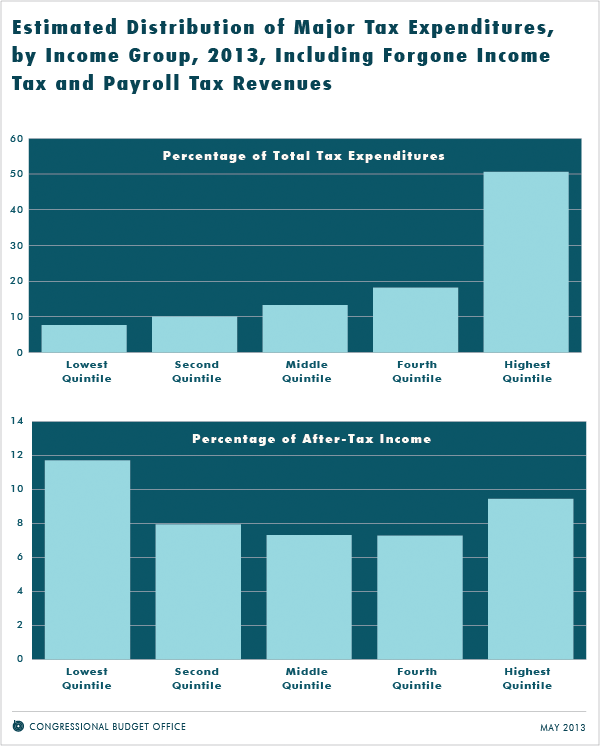WakeandBake
Well-known member
http://www.vox.com/2014/10/7/6921153/buybacks-dividends
"CEOs have increased the proportion of cash flow allocated to stock buybacks to more than 30 percent, almost double where it was in 2002, data from Barclays show. During the same period, the portion used for capital spending has fallen to about 40 percent from more than 50 percent. The reluctance to raise capital investment has left companies with the oldest plants and equipment in almost 60 years. The average age of fixed assets reached 22 years in 2013, the highest level since 1956, according to annual data compiled by the Commerce Department."
Hell yeah milk that shit CEOs you earned it cuz you took the right classes and went to the right school and whatnot you tried harder than the poors.

